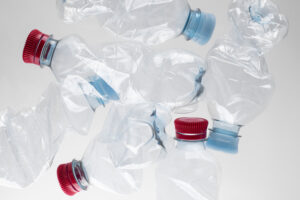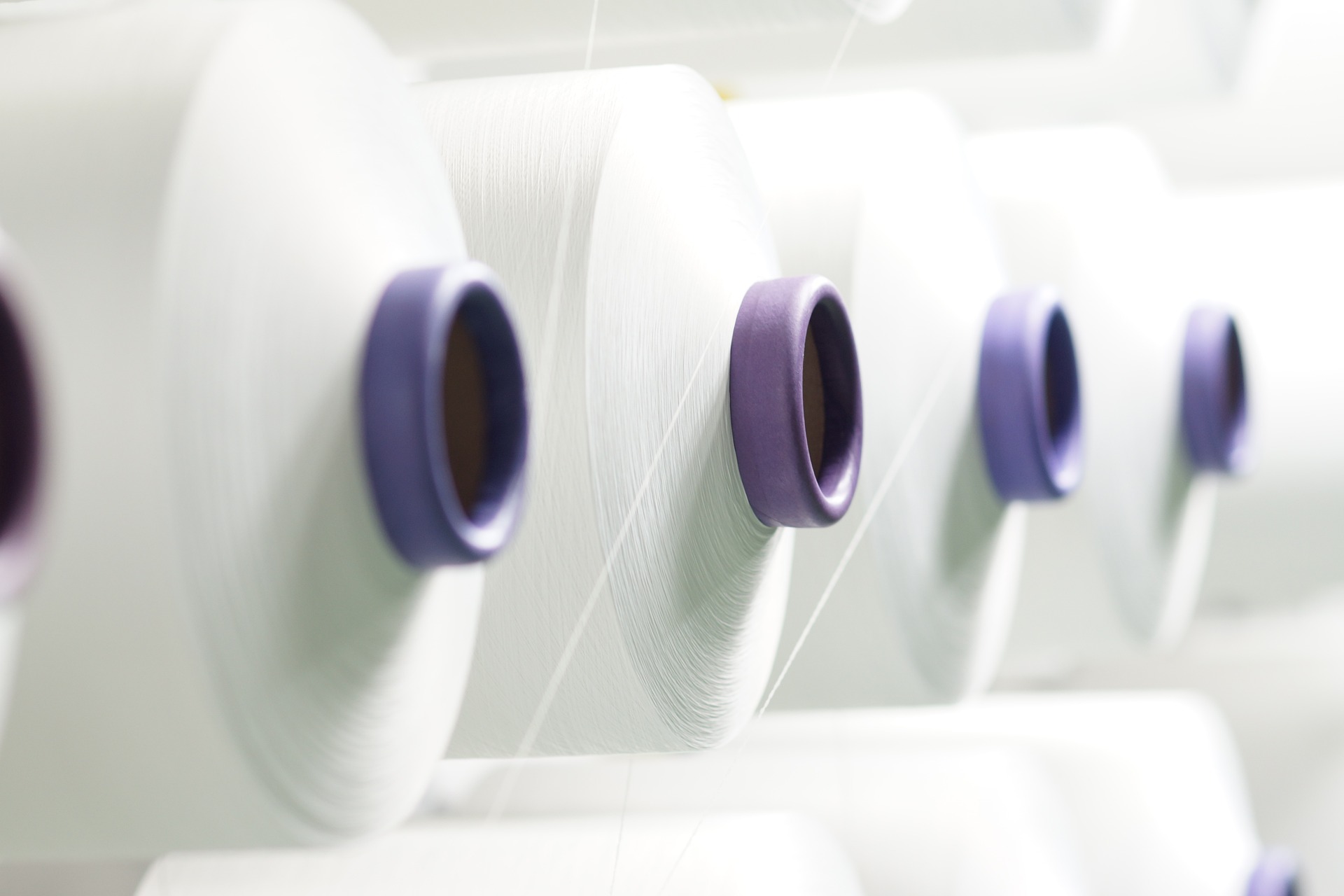This week, the European Parliament will vote on rules for chemical recycling for plastic beverage packaging. However, this legislation is also crucial for synthetic textiles.
Seemingly two distinct industrial categories share much in common. Mainly, they are environmental goals and associated recycling or carbon neutrality. Chemical recycling, which processes waste plastics and synthetic textiles, including those that are difficult to mechanically recycle, will play an important role in the circular economy.
Chemical recycling is divided into three different technologies: depolymerization, pyrolysis, and gasification. Their distinct processing of waste plastic plays a significant role in establishing clear rules for chemical recycling, important for investments in new recycling industry technologies. European associations have been debating these clear parameters and their incorporation into legislation for several months. Representatives of mechanical recyclers and environmental associations advocate for a measuring point at the end of the entire processing process for pyrolysis and gasification and the calculation method of the recyclate called “polymer-only.” Conversely, representatives of the chemical and petrochemical industries advocate for a measuring point at the beginning of the technological process and want the recyclate calculation by the “fuel-use-exempt” method. The Commission introduced this methodology into its draft Implementing Decision, but the European Parliament’s ENVI committee disagrees with the proposal and stands on the side of the “polymer-only” methodology.
The third technology of chemical recycling – depolymerization, intended only for PET plastics, is accepted by all parties. The parameters for calculating depolymerization recyclate are similar to those for mechanical recycling and are supported as an important part of the full circularity of PET plastic packaging. PET plastics are degraded after five to seven cycles of mechanical recycling, and damaged plastics are eventually incinerated or landfilled. Thus, virgin PET from fossil raw materials must continue to be added to new bottles. However, depolymerization can process these degraded PET plastics and produce virgin rPET of premium quality, fully replacing fossil virgin PET.
Where is the connection to textiles?
Synthetic textiles polyester (PES) are produced by polycondensation of ethylene glycol and terephthalic acid. PET plastic for bottles and other products is also produced from these components. During depolymerization, the main components of waste PET and PES, namely terephthalic acid and ethylene glycol mentioned earlier, are the resulting products of decomposition. From these, new PES or new PET can be produced again, of the same high quality as fossil virgin.
If polyester textiles currently contain recyclate, it is mainly from mechanical recycling of PET, especially from beverage bottles. The textile industry has a high demand for rPET, and it is not without reason that beverage industry manufacturers accuse the textile industry of a shortage of rPET in the market. This is also an argument for why the beverage industry advocates mandatory deposits, aiming to have priority access to PET material. However, representatives of the recycling industry oppose this, pointing out possible violations of the free market for secondary materials.
Another argument from the beverage industry is the obligation to add recyclate only to PET plastic beverage bottles from 2025. However, this argument will soon have weak support because from 2030, according to the new Packaging and Packaging Waste Regulation (PPWR), recyclate will be mandatory in all types of plastic packaging, including cosmetics, toiletries, etc. And it is not feasible to deposit all plastic packaging.
Therefore, from 2025, we can expect high demand for both rPET and from 2030 for all plastic recyclates. In this environment, will the textile industry have enough rPET material for polyester production? Depolymerization will help in this regard. It will process contaminated and otherwise devalued polyester textiles that cannot be mechanically recycled and would otherwise be incinerated or landfilled.
Many textile manufacturers, fashion or sports brands, have committed to reducing the use of fossil virgin material for polyester production. According to a Textile Exchange report, in 2023, 124 major companies signed a commitment to increase their use of recycled polyester from 45% to 100% by 2025. The report confirms that the volume of recyclate in polyester textiles has previously ranged up to only 15%. Now, chemical recycling – depolymerization, which fully replaces fossil virgin, comes to the aid of the textile industry.
However, will promises and proclamations be enough to bring about real change in the textile market? Or will it be necessary to introduce new legislation as for packaging and packaging waste (PPWR)? For the textile industry, this would mean a legal obligation to comply with prescribed amounts of recyclate in every synthetic textile and full recyclability of all textiles.
Another option for the textile industry is to switch, where possible, to natural textiles, especially wool. This is also a clear path for the LIBERAL LARK, which has been pursuing it.
Soon, we will provide information on the testing of our coats made from new 100% wool fabrics, which contain no chemicals or additives and, thanks to special wool processing technology, are resistant to wind and water, just like synthetic outdoor materials.

photo: Pixabay, Freepik
